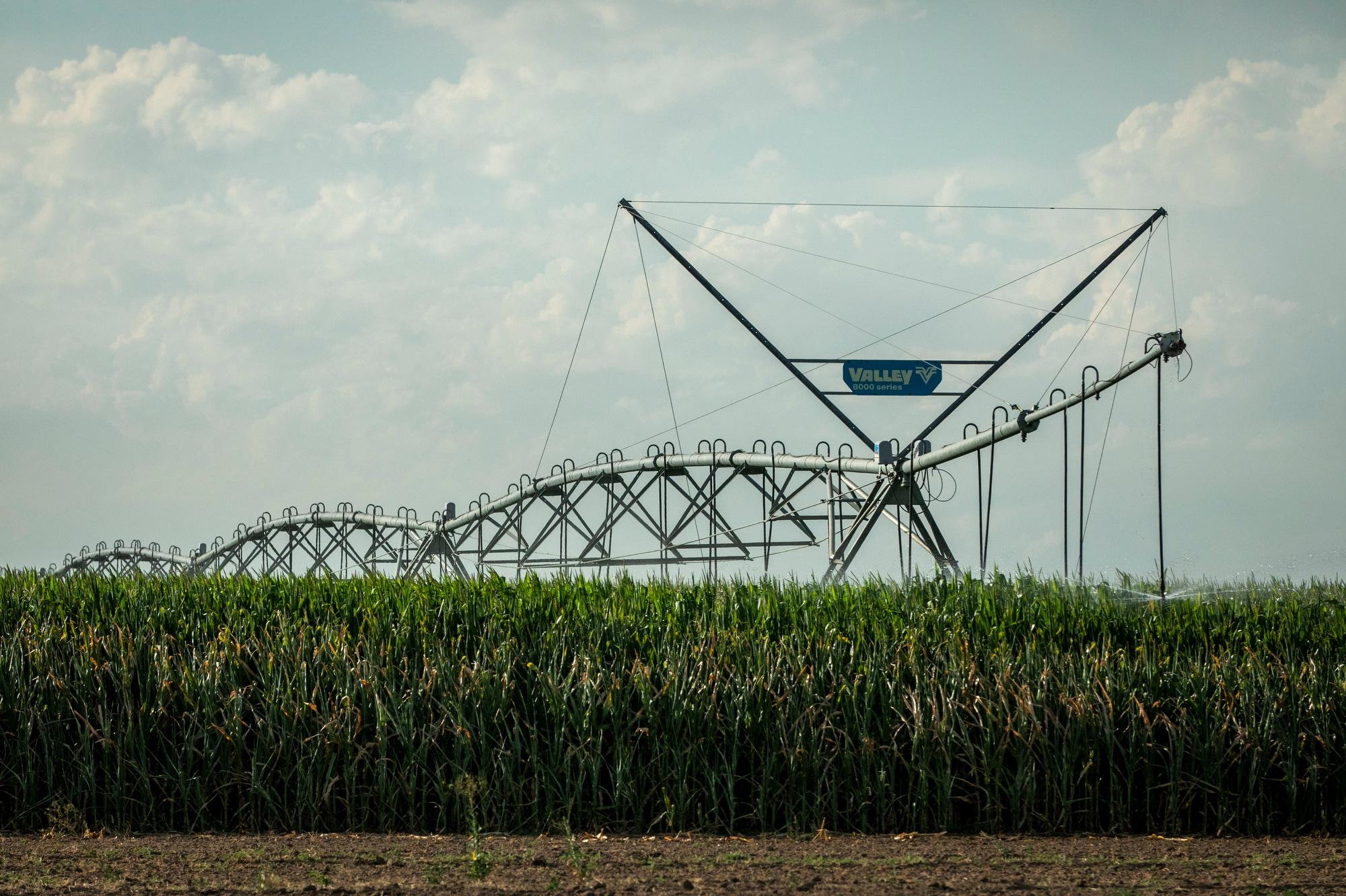
Farm workers are set to gain new labor rights under a bill that has nearly passed the state legislature. If approved by Gov. Jared Polis, the change would eliminate some of the special exemptions that the industry has long been granted from labor laws.
The bill ran into intense criticism from some farm and ranch owners, and also from some Democrats representing rural areas. In response, the sponsors made several compromises.
They kept the core ideas intact, but agreed that some details of implementation would be settled later — such as the length and timing of required breaks, and the details of overtime pay. Those questions would be handled in a rulemaking process.
Among its biggest changes, the bill would:
- Require farms to pay workers the state minimum wage of $12.32 an hour, or local minimum wages if they're higher, and not just the federal wage of $7.25
- Allow agriculture employees to join unions
- Require overtime pay for agriculture workers
- Require meal breaks and rest periods
- Limit the use of short-handled tools, except for organic operations and in some other specific cases
The bill was set to pass its third vote in the House today, after which it will return to the Senate for final approval.
David Harold, a farmer in Olathe, said the recent amendments eased some of his objections. But he said that bill proponents didn’t seem to distinguish between businesses that treat their employees well and those that don’t when they wrote their policy.
“The bill got to a much better place in the end and there was compromise, and we made progress,” he said. But the process left a “sour taste” in his mouth, and has him questioning his longtime support for Democrats.
Harold hoped that the rulemaking process could work out one of his biggest concerns: overtime pay. Having to pay extra for long days at critical times could force him to reduce hours for his workers, many of whom are in the U.S. on H2A visas. He saw that as a detriment for men who had come to the country to earn relatively higher wages and work as much as possible.
“I really think any employee who wants to work at the (regular) rate ought to be able to,” he said. Workers on H2A visas earn about $15 an hour or more under federal regulations in Colorado.
Proponents of the bill said that it would protect workers from exploitation in grueling conditions.
“No workers are any more or less unique, no less human, no less deserving of these basic rights,” said Rep. Karen McCormick, a Democratic sponsor who chairs the House Agriculture Committee. Other sponsors included Rep. Yadira Caraveo and Sens. Dominick Moreno and Jessie Danielson.
Advocates described workers enduring long shifts without water or restrooms and suffering lasting injuries from the use of short-handled tools — all made worse because workers are afraid to speak up.
“Farmworkers were intentionally excluded from the laws that provide basic worker protections in order to preserve a system built on the racially motivated exploitation of farmworkers and domestic servants for their cheap labor,” said Jenifer Rodriguez of Colorado Legal Services, at an earlier committee hearing.
Marilyn Bay Drake, executive director of the Colorado Fruit & Vegetable Growers Association, expected the details of many of the new requirements to emerge late this year, posing significant questions for growers as they plan their next season.
“It’s going to dramatically change agriculture, especially produce growers’ income, the way they do things, their relationships with their employees,” she said. “However it is certainly better than it was when it was first introduced in the Senate.”
- Voters’ Rights, Progressive Values And Rural Colorado Shape Debate Over Last-Minute Property Tax Proposal
- As The Final Days Of The Legislative Session Approach, What's On The Chopping Block?
- Colorado Is On The Verge Of Creating A Government-Backed Health Insurance Option. It Would Be The Nation’s Second








